Cats and milk - a classic duo that has been portrayed in popular culture for decades.
But did you know that not all cats can enjoy this pairing without experiencing negative side effects?
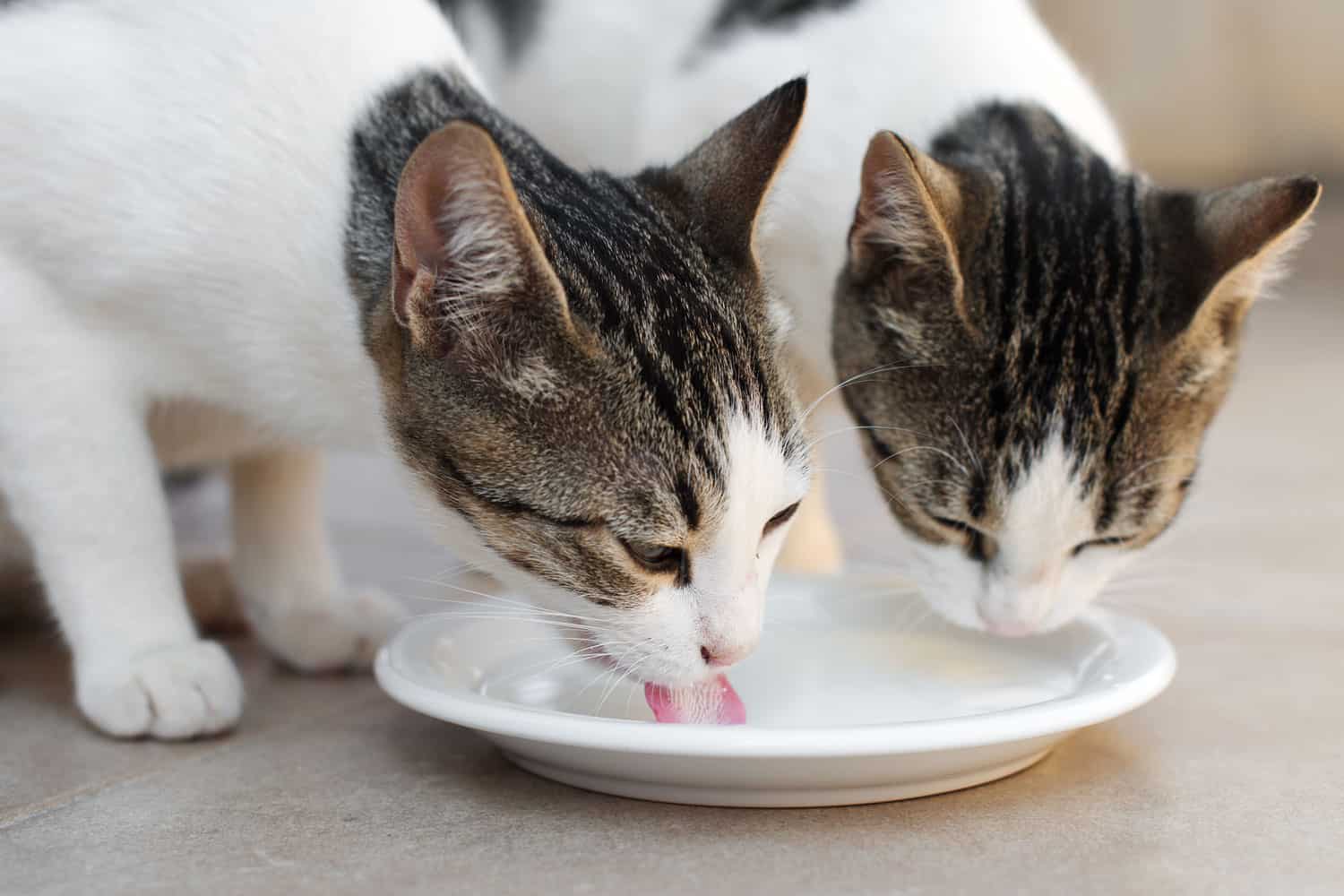
Even worse, some cats may have an allergy to milk or dairy products, which can cause skin issues and infections.
While kittens may drink their mother's milk, adult cats do not need milk as part of their diet and can obtain all necessary nutrients from their regular food.
So, can cats drink milk? The answer is not a simple yes or no.
Hang on, you'll delve into the topic of cats and milk in more detail, exploring the potential risks and benefits, and know tips for safely incorporating milk into your cat's diet, if appropriate.
The Common Belief
When it comes to cats and milk, there is a common belief that cats love milk and that it is a good source of nutrition for them.
This belief is often reinforced in popular culture, such as in children's books or cartoons, where cats are shown drinking milk.
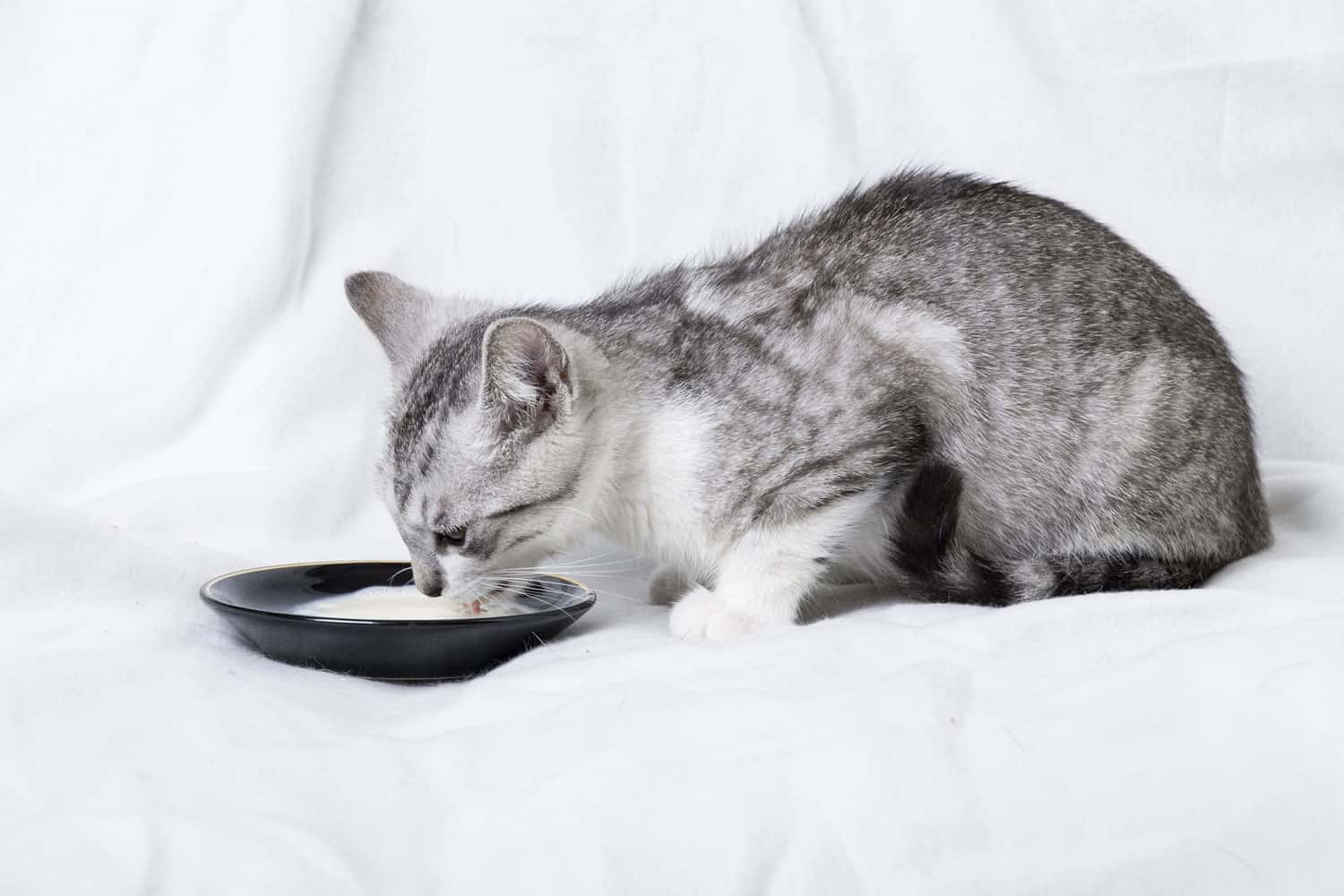
However, the truth is that most cats are actually lactose intolerant, which means that drinking milk can cause digestive issues.
Cats are born with the ability to digest lactose, but this ability erodes over time.
After kittens are weaned, the enzyme lactase, which facilitates the digestion of lactose, decreases in the cat's body.
This means that adult cats are less able to digest lactose, which can cause digestive problems such as diarrhea, vomiting, or stomach upset.
It is important to note that not all cats are lactose intolerant, and some may be able to tolerate small amounts of milk without any issues.
But, it is generally not recommended to give cats milk as a regular part of their diet, as it does not provide the essential nutrition that cats need.
Digestive System of Cats
Cats have a unique digestive system that is designed to break down and absorb nutrients from meat-based diets.
Their digestive tract is shorter than that of other mammals, which means that food moves through their system relatively quickly.
Here is a breakdown of how a cat's digestive system works:
- Mouth: Digestion begins in the mouth, where enzymes in the saliva start breaking down food.
- Stomach: Once food is swallowed, it enters the stomach, where it is mixed with stomach acid and digestive enzymes.
- Small Intestine: From the stomach, food moves into the small intestine, where nutrients are absorbed into the bloodstream.
- Large Intestine: Finally, any remaining waste products move into the large intestine, where water is absorbed and feces are formed.
Lactose Intolerance in Cats
While cats can digest milk as kittens, many adult cats are lactose intolerant.
This means that they lack the enzyme lactase, which is necessary to break down lactose, the sugar found in milk.
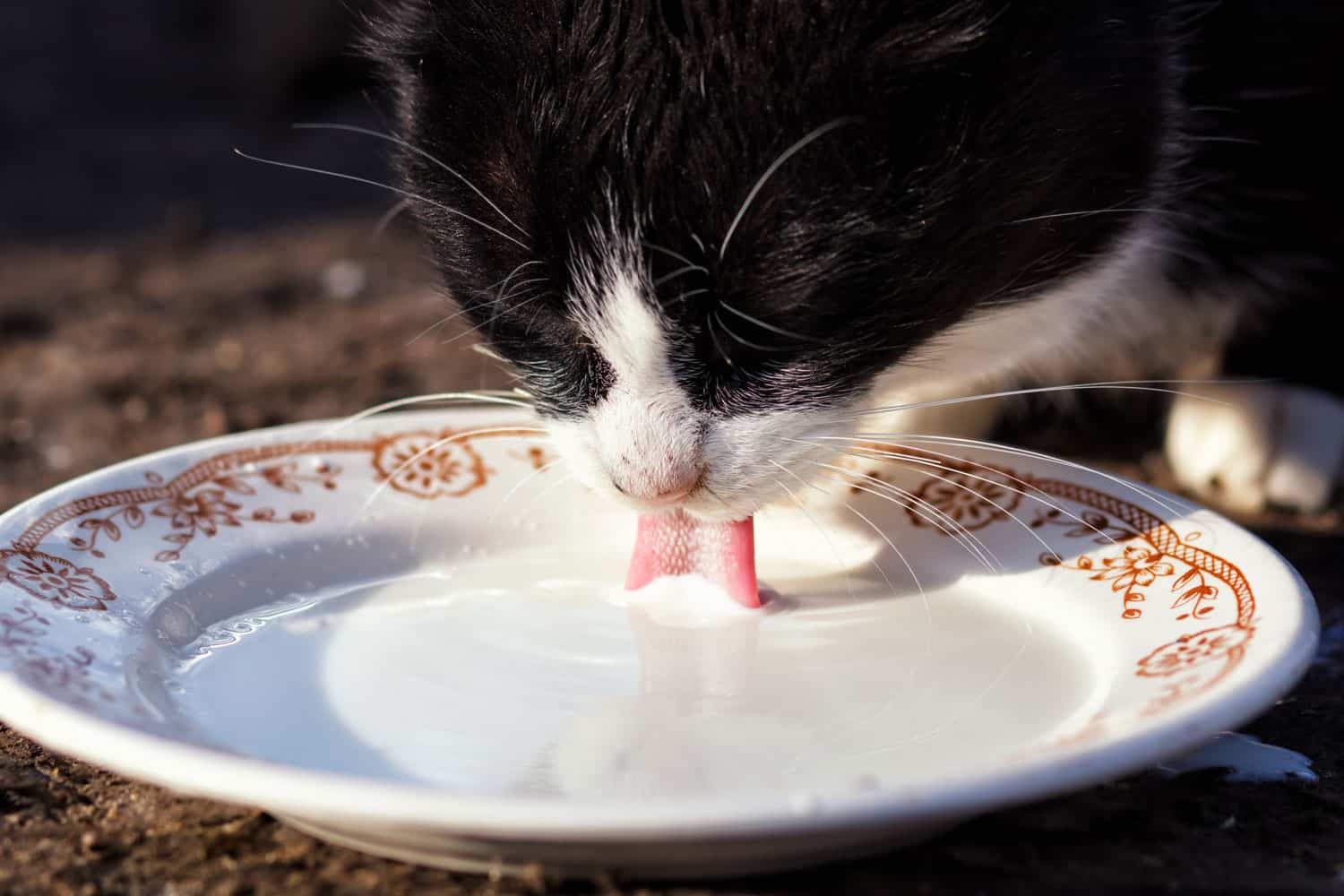
Without lactase, lactose passes through the digestive system undigested, causing gastrointestinal upset.
Symptoms of lactose intolerance in cats may include:
- Vomiting
- Diarrhea
- Gas
- Bloating
- Abdominal pain
If you suspect that your cat is lactose intolerant, it is best to avoid giving them milk or dairy products.
Instead, provide them with fresh water and a balanced diet that is appropriate for their age and health.
Potential Health Risks
Dehydration
Milk is not a natural part of a cat's diet. Cats are obligate carnivores, which means they require a diet high in protein and low in carbohydrates.
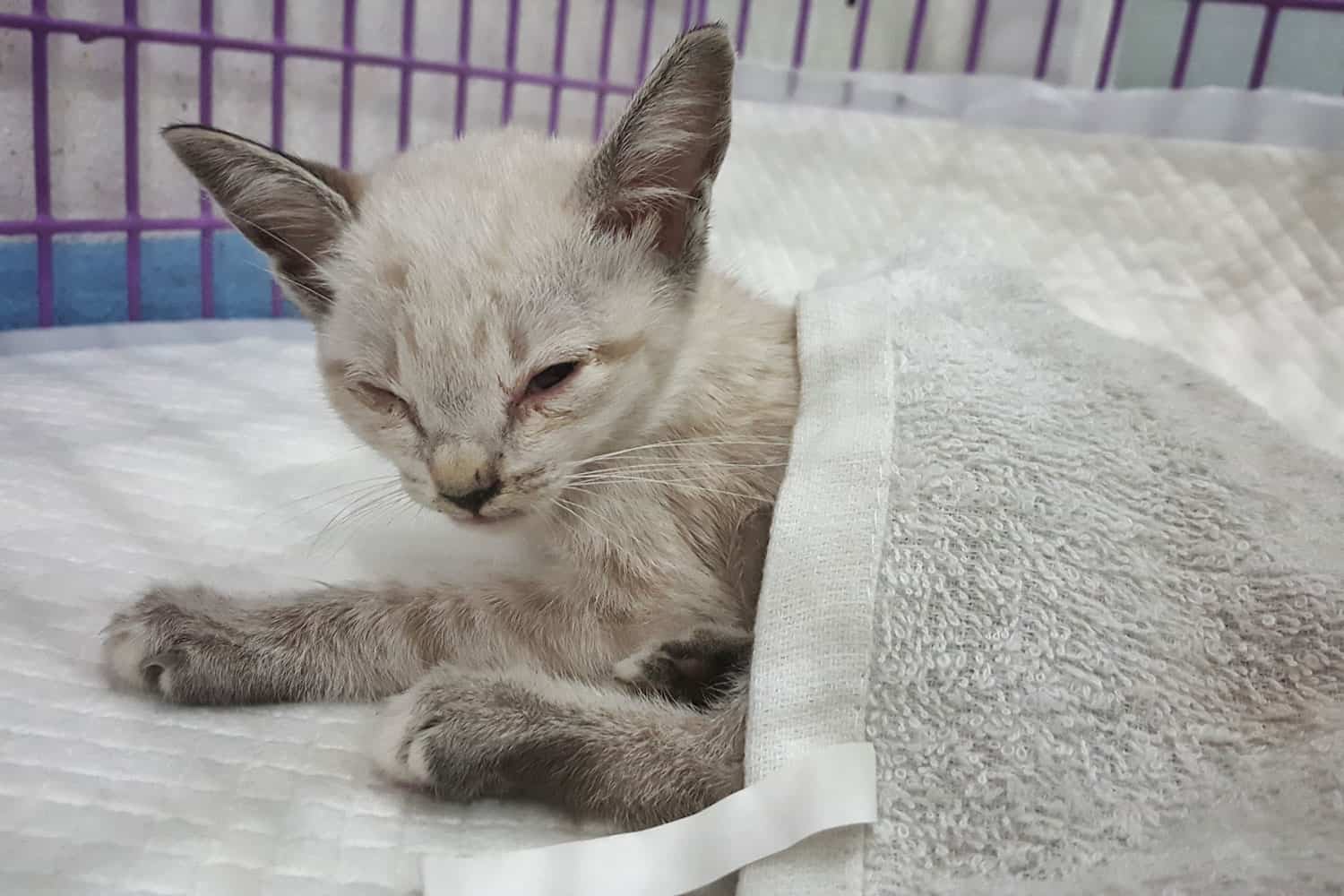
Milk is high in carbohydrates and can cause dehydration in cats.
Dehydration can be a serious problem for cats, especially if they have kidney disease or other underlying health conditions.
Obesity
Milk is also high in calories and fat, which can lead to obesity in cats.
Obesity is a common problem in cats and can lead to several health problems, including diabetes, heart disease, and joint problems.
If you want to give your cat a treat, it's better to give them a small amount of high-protein food, like cooked chicken or fish.
What to Do When Cats Drink Milk
If your cat drinks milk and experiences diarrhea or other digestive issues, you should stop giving them milk.
You can try giving them a small amount of water to help hydrate them.
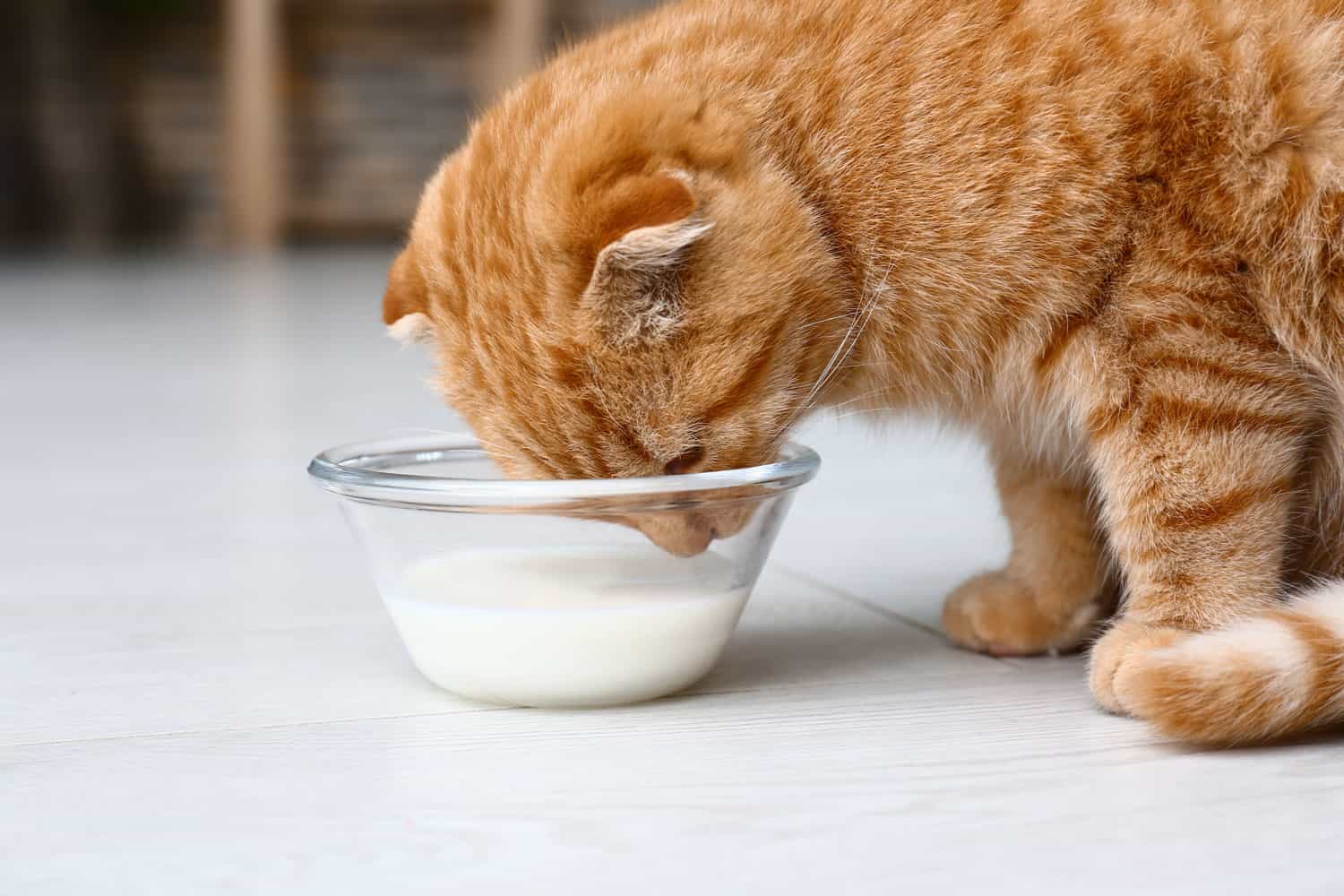
If your cat continues to have digestive issues, you should take them to the vet.
Your vet can help you determine if there is an underlying health problem causing the digestive issues and can provide treatment.
So, while cats may enjoy the taste of milk, it is not a natural part of their diet and can cause several health problems.
Alternative Drinks for Cats
If you're looking for alternative drinks for your cat, there are a few options to consider.
While milk is not recommended for cats, other liquids can be beneficial for your feline friend. Here are some options to consider:
Water
Water is the best drink for your cat. Cats need to stay hydrated, and water is essential for their overall health.
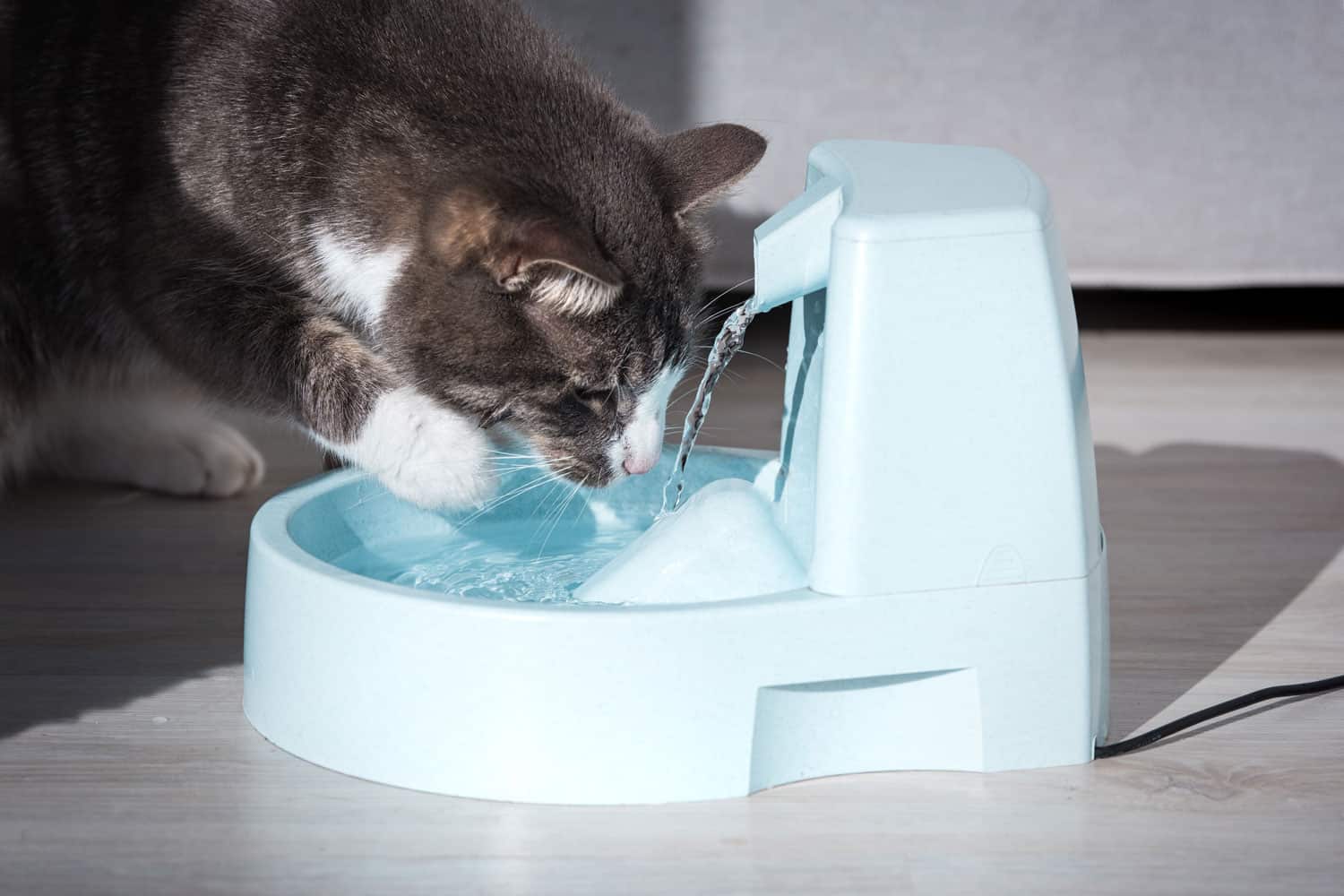
Make sure your cat has access to fresh, clean water at all times.
You can also consider adding a water fountain to encourage your cat to drink more water.
Make sure your cat has access to fresh, clean water at all times. Cats typically need about 200-250 mL per day for a cat weighing 4-5 kg.
Cat Milk
If you want to give your cat a treat, you can consider giving them cat milk. Cat milk is specially formulated for cats and is easier for them to digest than regular milk.
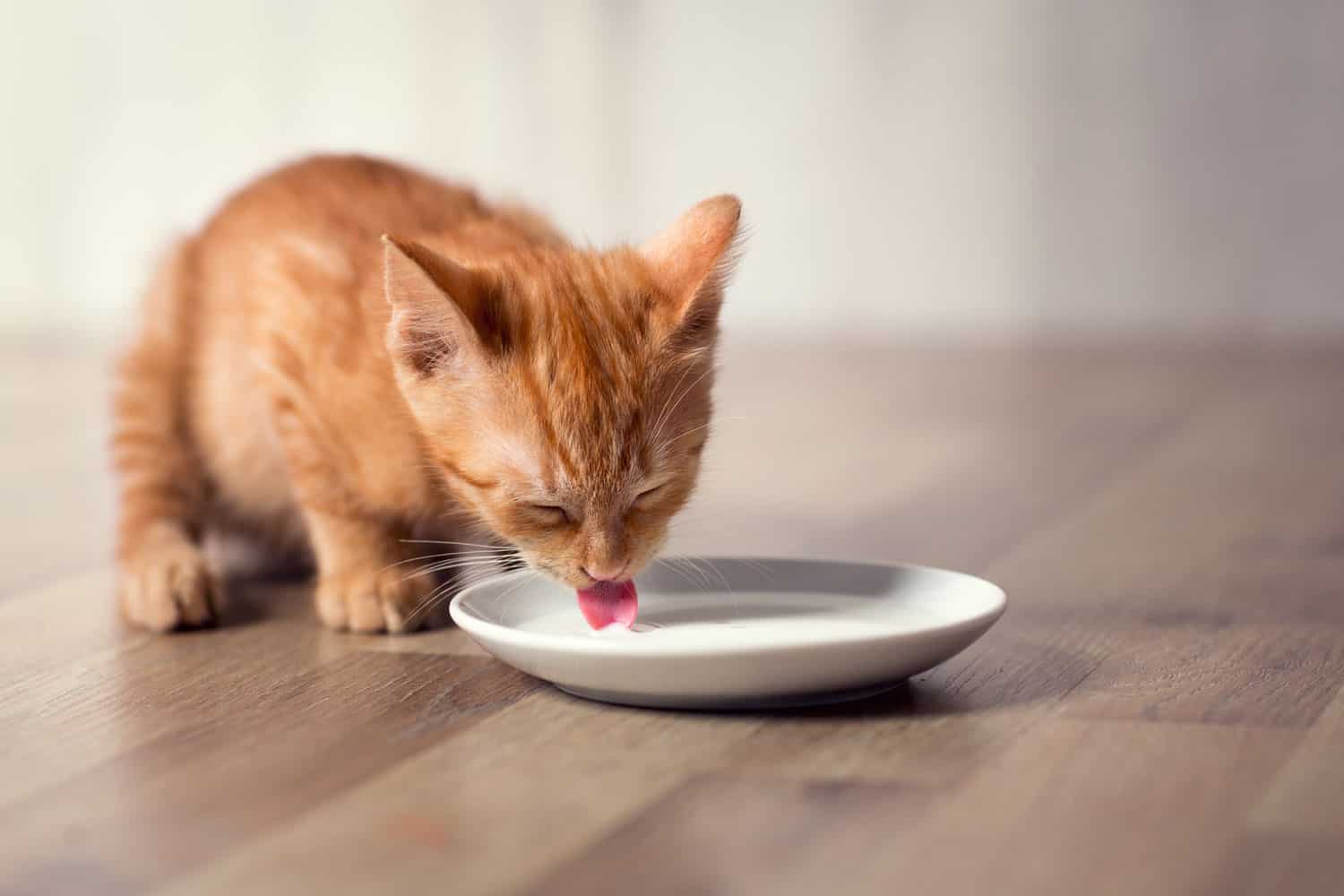
For additional information, read here: Should You Keep Cat Food And Water Separate? [Yes, And Here’s Why]
Final Thoughts
While it may seem like a good idea to give your cat a bowl of milk, it's important to remember that cats are lactose intolerant.
Consuming dairy products can lead to gastrointestinal issues.
If you want to give your cat a treat, there are plenty of feline-friendly milk alternatives available. For example, you can offer your cat lactose-free milk or specially formulated cat milk.
Always make sure to read the label and check with your veterinarian before introducing any new food or drink to your cat's diet.
Remember, cats are obligate carnivores, which means they require a diet that is high in protein and low in carbohydrates.
Milk should never replace a balanced diet of cat food, and it's important to ensure that your cat is getting all the nutrients they need to maintain a healthy lifestyle.
To learn more on the do's and don'ts of cat feeding, read: Category Cat Food Questions
Some elements on this page may have been created by our team using advanced AI to provide you with top-notch cat inspired ideas. Read more about our AI Content Policy.
